The bluebells are here and the days are getting just that bit longer. Here to bring even more joy is the latest news from our wonderful writing short course alumni and tutors.
Alumni News
Novel Studio alumni news: Award-winning author Deepa Anappara will publish Letters to a Writer of Colour later this year. Edited with Taymour Soomro, it’s a collection of essays on fiction, race, and culture. Deepa has also recently joined the MA Creative Writing teaching team at City where she teaches Literary Journalism. There will be a launch for the book at City on March 13th. It’s free but you’ll need to register HERE.
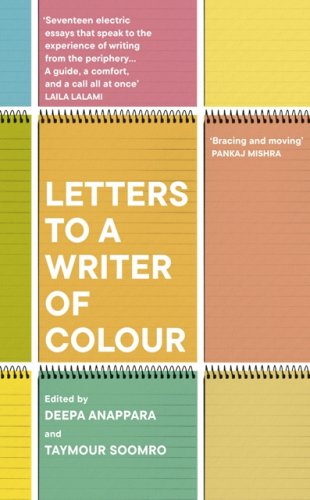
Letters to a Writer of Colour, edited by Deepa Anappara
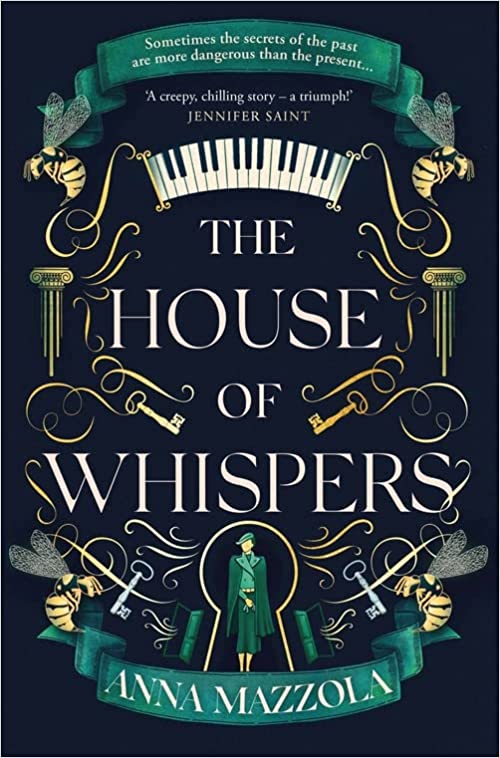
The House of Whispers, Anna Mazzola’s new novel
Anna Mazzola’s new historical thriller, The House of Whispers, will launch in March 2023. Ian Rankin has described Anna’s work as ‘Historical fiction with a fantastical twist, done with verve and skill’.
Janet Philips has published her debut book, Great Literary Friendships, with Bodleian Library, described by Publisher’s Weekly as a ‘fun spin on literary analysis’.
Rachel Mann has published her short story, The Things We Grew, with Passengers Journal. She has also published a column in the Rumpus called Things I Wish I Could Workshop other than my Novel.
Katy Darby’s Writers’ Workshop and Short Story Writing students continue to shine. Emma Guinness (Grae) has won Scots book of the Year 2022 for her novel Be Guid Tae Yer Mammy. Her second novel, The tongue she speaks — 15k of which was workshopped on her City course — was published last year with Luath Press. Sue Hann has a publishing deal with Neem Tree Press for a non-fiction book due out in 2025. Kate Gilby Smith has published two middle-grade children’s books with Hachette since taking the course in 2017, the first was The Astonishing Future of Alex Nobody and the second is Olive Jones and the Memory Thief, which came out in June 2022.

Olive Jones and the Memory Thief by Kate Gilby Smith
Joe Gallard has won the Ilkley International 8x8x8 playwriting competition. His play, This is Not a Drill, will be performed at the Ilkley Playhouse this April. Tickets available here. Helen Harjak was shortlisted for the 2022 Willesden Herald Short Story Prize. Former Times literary editor Erica Wagner will publish a new book, The Vocal + Fiction Awards Anthology, with Unbound in February 2023. The anthology is a collection of stories chosen from over 13,000 entries submitted to the Vocal+ Fiction Awards. Roly Grant’s 500 word story ‘Dust’ was the Richmond borough winner in Spread the Word’s ‘City of Stories’ anthology, published in June 2022.
Martin Ouvry’s Novel Writing and Longer Works’ alumnus Conor Sneyd has published his debut novel, Future Fish, with Lightning Books. You can read more about Conor’s path to publication on our blog here. Two of Martin’s other students, Angelita Bradney and Kate Vine, have been taken on by top literaryn agents — Catherine Cho at Paper Literary, and Johnson & Alcock, respectively.
2023 looks like being a great year for Peter Forbes’ Narrative Non Fiction alumni. Dee Peyok brought her pitch for a book about Cambodian rock music in the 1960s to the

Aniefiok Ekpoudom
course back in 2013. The book, Away from Beloved Lover, was published by Granta in January, to rave reviews. More recent alumni include Claire Martin’s (2021) Heirs of Ambition, a history of the Boleyn family before they became famous, which will be published by The History Press; and Aniefiok Ekpoudom’s (2015) Where We Come From: How Grime and Rap gave voice to a generation is due from Faber in August. In other news, Alice Kent has been longlisted for the Observer/Burgess Prize for Arts Journalism 2023.
Opportunities
The Novel Studio, our flagship year-long course for aspiring novelists, has opened for applications. For more details on the course and how to apply follow the link to our home page. To find out more about our extensive list of published alumni, take a look here.
If you want to talk to me in person about the Novel Studio or any other writing short course, I’ll be at the virtual Open Evening on 28 March. Sign up HERE.
City Writes
Our termly writing competition open to all writing short course students, past and present, is seeking submissions for its spring event. This term’s guest alumna will be award-winning author Hannah Begbie, author of two Mother and Blurred Lines, both published by HarperCollins. For your chance to join Hannah on the virtual stage, you need only send in your best 1,000 words of creative fiction or nonfiction (no young children’s fiction or poetry please) by midnight on March 3rd to rebekah.lattin-rawstrone.2@city.ac.uk . You can find full submission details here.
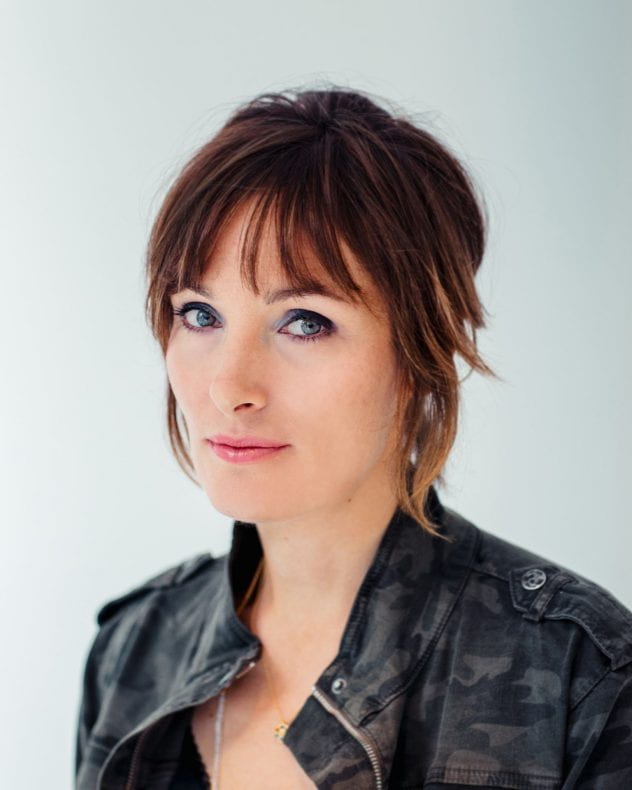
Hannah Begbie
Or just come along to hear some fantastic new writing on the night itself, 29th March. It’s all on Zoom and you can register here.
Scholarships
We continue to offer a fully funded place for a young adult (18-25) from an underrepresented background and/or facing financial difficulty on our Writing for Social Impact course. To apply, please contact the tutor Ciaran Thapar explaining why you’d like to attend. This course is now offered monthly to reflect the increased demand.
Please see below for more information on our Novel Studio scholarship.
New Courses
Pete Austin and Anna Tsekouras, aka Anon agency, have hit the ground running on our new Branding 101 course for small businesses, creatives, entrepreneurs or anyone who wants to know more about how to create and foster their own brand. Feedback so far has been very positive with one student describing it as ‘the perfect blend of foundational theory and tangible takeaways.’
Tutor News
Holly Rigby joins the teaching team as Thursday night’s Narrative Non Fiction tutor. A former student on Peter Forbes’ course, she is a passionate advocate for the course and a brilliant writer and teacher in her own right. Holly worked as an English teacher in inner London schools for almost a decade, and is currently working on a book about the UK education system, published by Repeater Books in early 2024. Welcome, Holly!
Writing for Social Impact tutor, author and youth worker Ciaran Thapar has launched his own newsletter, ALL CITY, through Substack. Pitched as the ‘diary of a youth worker, with the pen of an author’, the newsletter will be a weekly dive into the challenges of inner city youth work and education. You can sign up and find out more here.
Anna Wilson is now teaching our Writing the Memoir course. Most of Anna’s books have been for children and teens, but more recently she has turned her hand to writing for adults. Her memoir A Place for Everything – my mother, autism and me has been reviewed as “a seminal work in this area” by the world expert in autism in women, Professor Tony Attwood. Welcome back, Anna!
Paris writing retreat, 12-16 April 2023. Former Novel Studio tutor and award-winning author Dr Emma Claire Sweeney and literary agent Jonathan Ruppin will host five days of mentoring and group writing sessions in a stunning private residence a short walk from the Eiffel Tower. Planning and follow-up sessions on Zoom. Quote CITY10 for 10% discount for bookings made by 13th March 2023.

Paris Writing Retreat
And finally…
We wanted to say a huge thank you to Harriet Tyce. Harriet has funded and supported our Novel Studio scholarship for the past four years. A former barrister and Novel Studio alumna, Harriet is now a Sunday Times best-selling crime novelist. Her three novels, all published by Wildfire, have been runaway successes and her reputation as a leading crime writer is now firmly established. We have been so lucky to have Harriet’s backing for the Novel Studio, not only through the scholarship program — a program she initiated — but also through her ongoing mentoring support for the scholarship recipients and her generous introductions to the annual showcase. We very much hope to keep the scholarship alive — so do watch this space for more on this — but in the meantime, thank you so much, Harriet!
That’s all for this term. Congratulations and thanks to all our wonderful students and tutors.
To find out more about all our creative writing short courses visit our home page HERE.
And for more on all City’s short courses, look HERE.



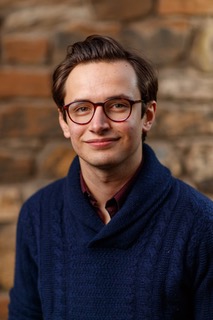
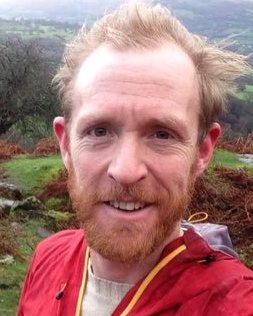
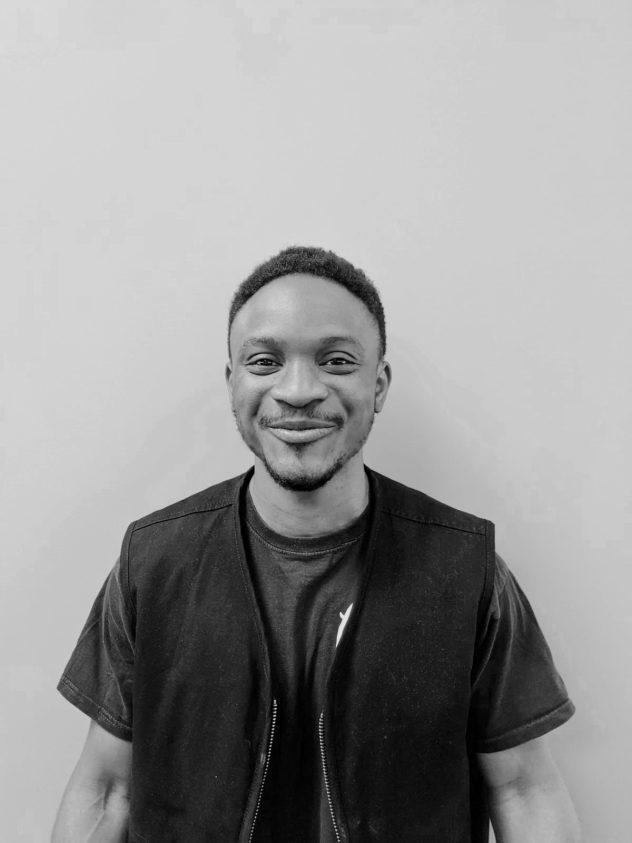


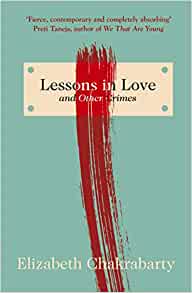




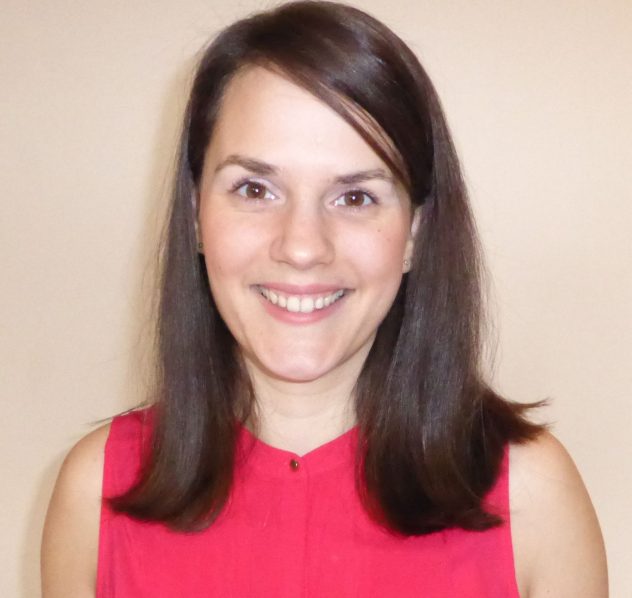
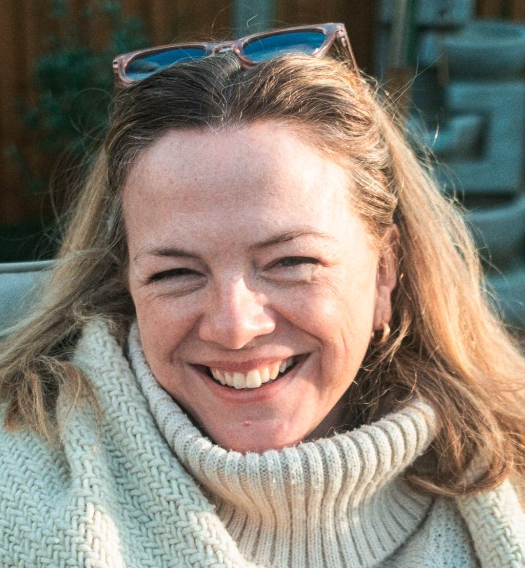

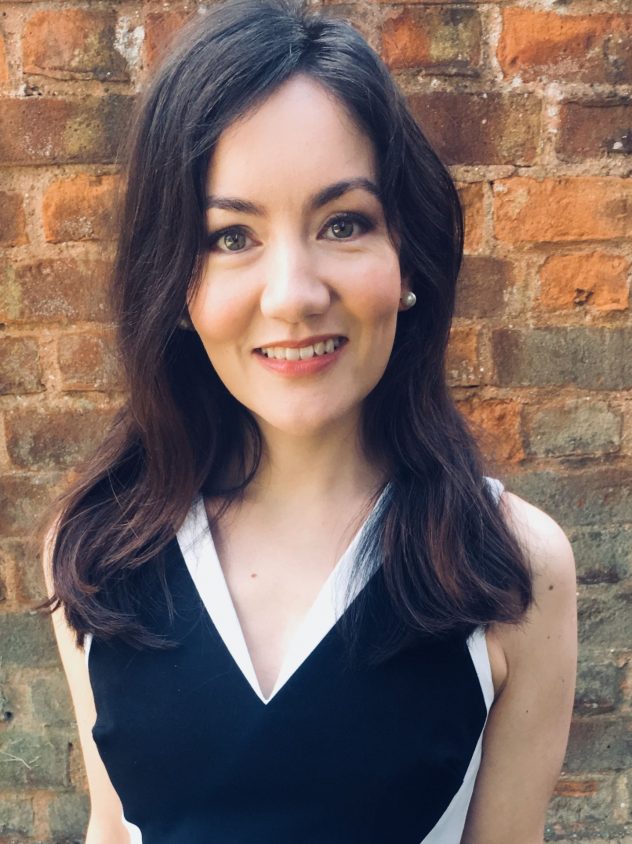





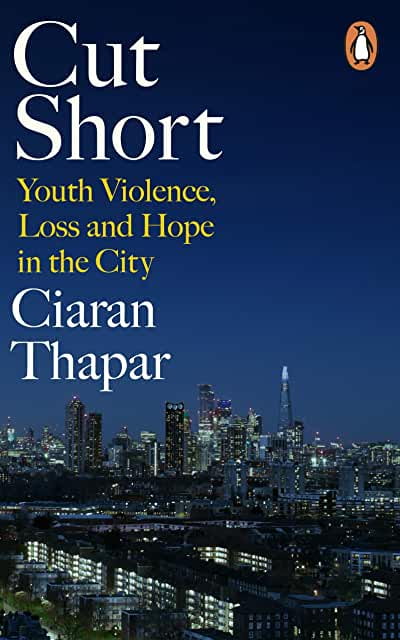


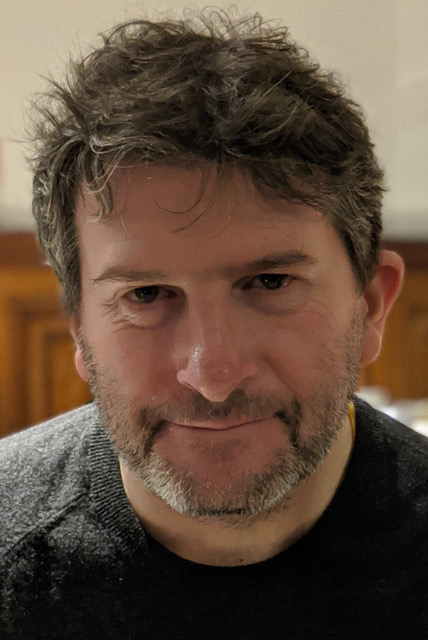



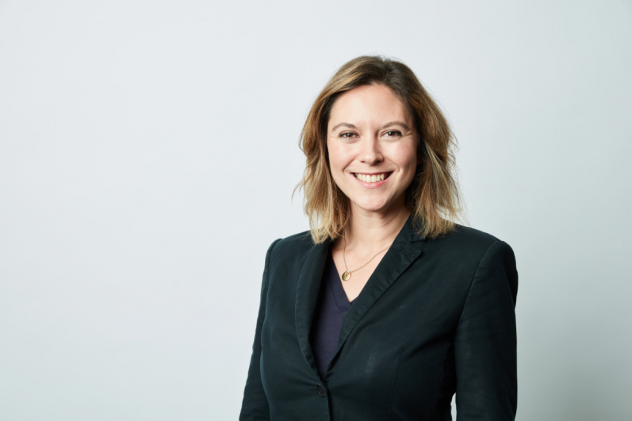






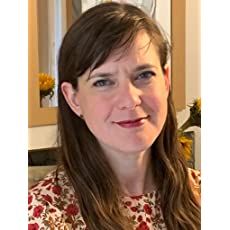
 Alex gave interesting and thoughtful answers to my questions, allowing the audience a chance to investigate some of the novel’s central concerns and the particulars of Alex’s writing practice. Inspired by her voluntary work, we were amazed that Alex is able to write in front of the television and that she has already written another novel and is halfway through her third. Go, Alex! We can’t wait to read the next one!
Alex gave interesting and thoughtful answers to my questions, allowing the audience a chance to investigate some of the novel’s central concerns and the particulars of Alex’s writing practice. Inspired by her voluntary work, we were amazed that Alex is able to write in front of the television and that she has already written another novel and is halfway through her third. Go, Alex! We can’t wait to read the next one!
Recent Comments